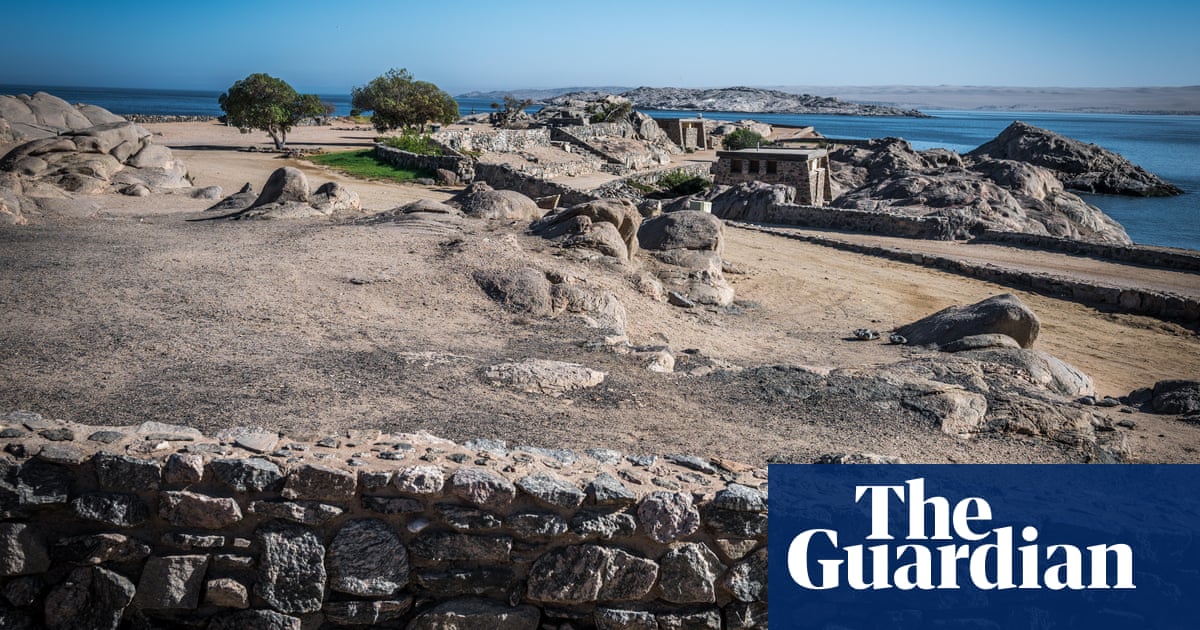
Spanish authorities are about to begin slaughtering hundreds of calves that have spent months crisscrossing the Mediterranean, said a lawyer for the cattle shippers.
The 864 cattle due for slaughter are onboard the Karim Allah, which is docked in the Spanish port of Cartagena. It is one of two vessels that left Spain in mid-December to deliver live cargoes of young bulls. The second vessel, Elbeik, loaded almost 1,800 cattle from Tarragona.
The Elbeik, now carrying more than 1,700 cattle, also appears to be returning to Spain.
Both shipments ran into problems when they were refused entry by various countries, including Turkey and Libya, owing to fears the animals had a disease called bluetongue, which causes lameness and haemorrhaging among cattle but does not affect humans.
Disease regulations outlined by Spanish officials mean the cattle cannot re-enter the EU having attempted to enter Libya. The slaughter order issued to Karim Allah’s management, seen by the Guardian, states that Libya: “Has a ban on the export of animals to the EU due to the existence of, among other epizootic diseases of major impact for livestock, foot-and-mouth disease in that state.”
“The Spanish authorities have indicated they will start killing the cattle on Tuesday,” said Miquel Masramón, a lawyer representing Talia Shipping Line. The Karim Allah is owned by Khalifeh Livestock Trading and managed by Talia Shipping Line, both based in Lebanon, while the cattle are owned by a third party.
In a statement on Saturday, the agriculture ministry indicated that if the Karim Allah did not begin to “isolate and slaughter the animals in accordance with the applicable regulations” the ministry would do so.
A source at the ministry said on Sunday the shipper had been informed that it had until Monday midday to begin the slaughter. The ministry said: “It is up to the shipowner in the first instance to isolate and slaughter the animals. He has until first thing tomorrow morning [Monday] to communicate his decision to the administration.”
Both the director of Talia Shipping Line, Majed Eid, and Masramón said they would fight the decision. Their aim, they say, is to allow the cattle time to heal and then find a new buyer, once they have the results of bluetongue blood tests taken last week.
A report by Spanish veterinary officials who boarded the Karim Allah last week said the captain told them of 22 deaths at sea. Another nine cattle were not accounted for. The report said 20 of the animals that died were chopped up and thrown overboard during the journey, citing information provided by the captain.
The report concluded that the animals had suffered from the lengthy journey and were generally in a poor state. Some were unwell and not fit for transport outside the EU, or fit to be allowed into Europe. Euthanasia would be best for their health and welfare, it concluded.
The report did not say if the cattle had bluetongue but noted other skin, eye and leg conditions including alopecia, flaking, scabs and joint inflammation compatible with septic arthritis.
On Sunday, Masramón said he was trying to get a new veterinary report and was hoping to get a vet to board the ship and “inspect the animals and respond to the Spanish authorities’ veterinary report. The problem right now is to get the [vet] official approval to enter the port.”
Second vessel returning to Spain
On Saturday, tracking website Marine Traffic showed the Elbeik on its way back to Spain, destined for Cartagena.
The vessel’s return to Spain was confirmed in an email on Sunday from the Cypriot government’s chief veterinary officer, Christodoulos Charalambous Pipis, who has been monitoring the Elbeik. Last week it spent several days anchored off the coast of northern Cyprus, outside the port of Famagusta.
“Our information is that the ship’s captain stated that the ship will return to Spain and today I have been told that it would reach Spain very soon,” he said. “My Spanish counterpart has already been informed by me from the very first moment we gained this info.”
Late last week, a source told the Guardian that of the 1,770 or so animals loaded, about 35 might have died and the rest were in good condition. “They are limousin and charolais cross [bulls], between six and 12 months old,” the source said.
Representatives from the Karim Allah and Elbeik have blamed Spanish agriculture ministry officials for their plight, accusing them of a mistake on the animal health certification that led port officials to refuse the ships entry.
The source said he was “100% sure” the cattle on the ship were bluetongue-free. “There was a mistake on the Spanish animal health paperwork. That is how this all started. They wrote Aragon [as the cattle’s origin]. Aragon is not free of bluetongue the last 24 months.”
The animals, he said, are not from Aragon, but from Zaragoza and Teruel, which are “150km away from the focus [of the bluetongue areas]”, and met the requirement of having come from a bluetongue-free area.
The Spanish agriculture ministry previously told the Guardian that the ships’ situation had “nothing to do with the actions of the Spanish administration” and that the cattle had come from areas free of bluetongue.












